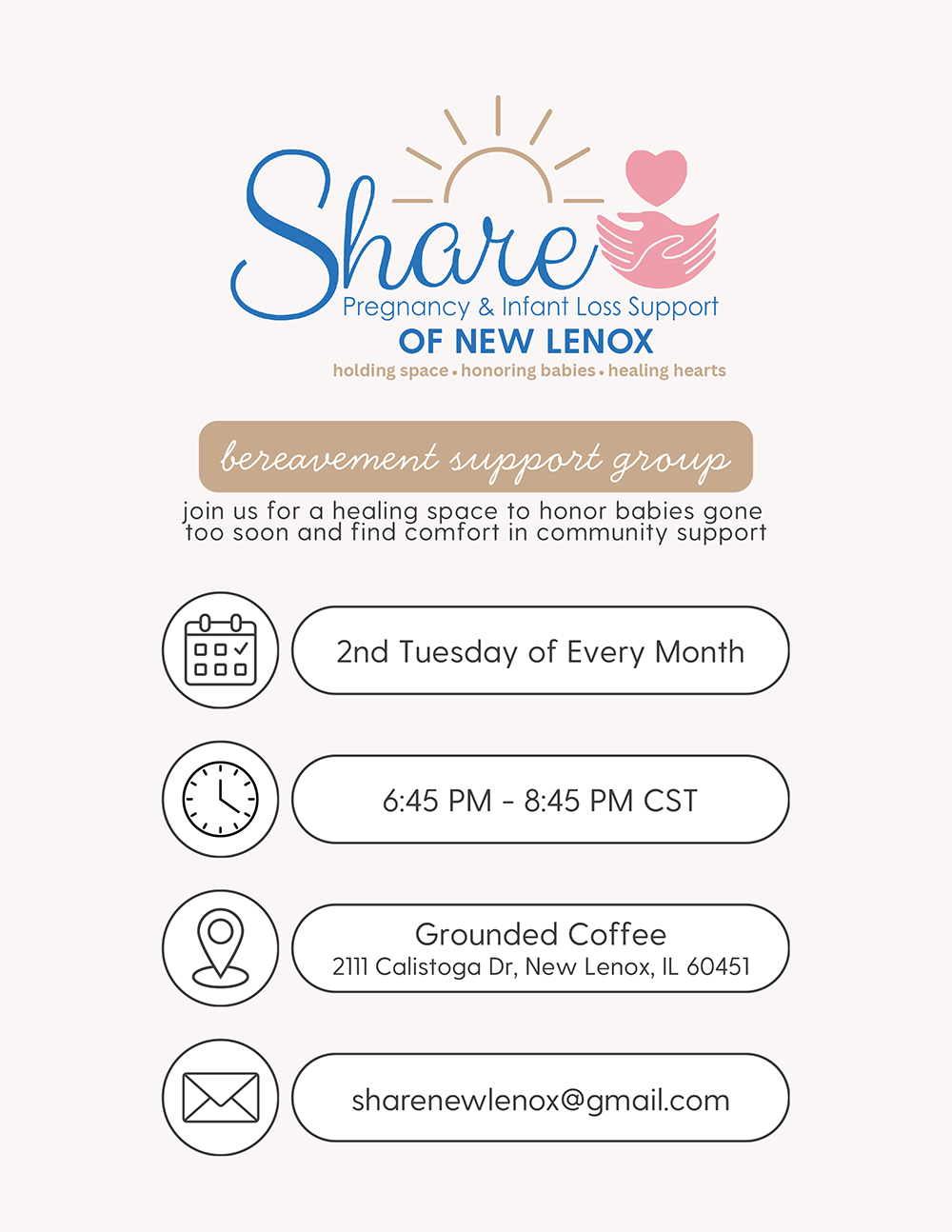
Welcoming a new baby into the world can be a joyful and life-changing experience. However, many women experience some level of postpartum mood changes, from the “baby blues” to postpartum depression. While mild sadness or worry can be common in the weeks after delivery, there are important signs that may indicate something more serious is going on. Recognizing these red flags early is essential to protecting both your well-being and your baby’s.
Understanding Postpartum Depression
Postpartum depression (PPD) is more than just feeling overwhelmed. It is a medical condition that can affect your mood, energy, and ability to bond with your child. Unlike the baby blues, which usually resolve within two weeks, PPD can persist for months without treatment. If left unaddressed, it can interfere with daily life and make it harder to care for yourself and your baby.
Warning Signs That Signal Severe Postpartum Depression
While feelings of sadness, anxiety, or fatigue are not unusual after childbirth, there are certain red flags that should prompt you to seek professional help right away:
Intense, Persistent Sadness - Feelings of emptiness, hopelessness, or guilt that linger for more than two weeks and don’t improve with rest or support may signal severe postpartum depression.
Loss of Interest in Daily Activities - A lack of enjoyment in things that once brought you happiness, including spending time with your baby, can be a warning sign that your mental health needs attention.
Extreme Anxiety or Panic Attacks - While occasional worry is common, constant or overwhelming anxiety may indicate something more serious.
Difficulty Bonding With Your Baby - Struggling to connect with your newborn or feeling detached can be a hallmark of postpartum depression that requires professional support.
Changes in Eating and Sleeping - Extreme insomnia, oversleeping, or drastic changes in appetite may point to a deeper emotional struggle.
Thoughts of Harming Yourself or Your Baby - If you ever experience thoughts of self-harm or hurting your child, it is crucial to seek immediate medical attention.
Why Seeking Help Matters
Postpartum depression is treatable, and no one should face it alone. With the right care, mothers can recover and regain a healthy balance. Seeking help is a sign of strength and a step toward being the best version of yourself for both you and your family.
Get the Support You Need Today
Postpartum depression is not your fault, and it does not define you as a mother. Knowing the warning signs and seeking help early can make a significant difference in your recovery.
If you or someone you love is showing signs of severe postpartum depression, Partners in Obstetrics & Women’s Health is here to give you the support you need. Visit our office in New Lenox, Illinois, or call (815) 240-0554 to book a consultation today.









